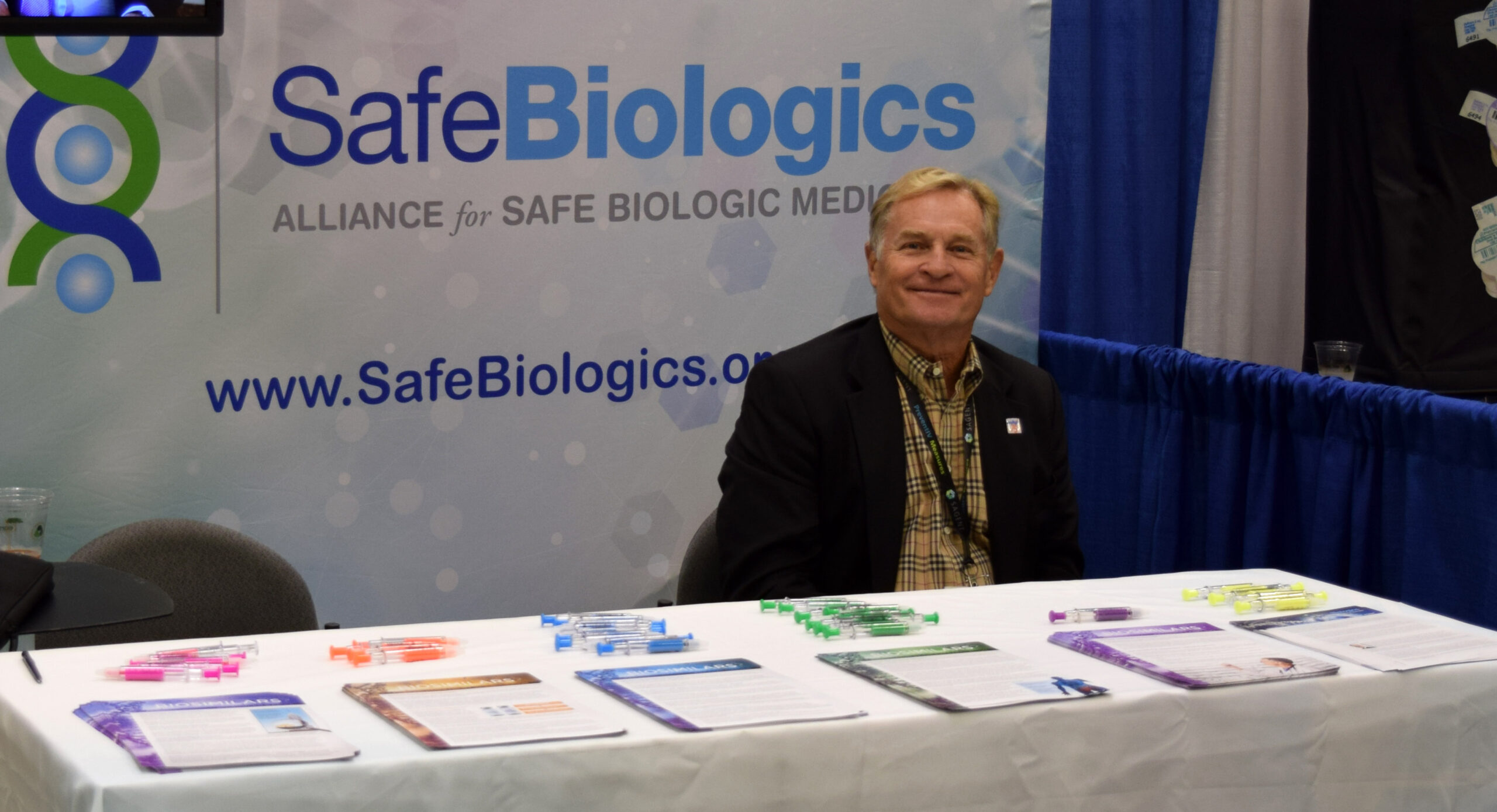by Philip Schneider, MS FASHP FFIP
Advisory Board Chair, Alliance for Safe Biologic Medicines
This is to clarify an irresponsible misrepresentation by Christopher Rowland in his article “Patients Stuck In Corporate Fight Against Generic Drugs,” published in the January 9, 2019 edition of the Washington Post.
My comments that were misinterpreted in this article arose from a discussion about the importance of duly considering safety and effectiveness, in addition to cost, when making decisions about the choice of drug therapy. My mention of thalidomide was in reference to a seminal event that made ensuring the safety of drugs and other medical products a priority for the FDA and to show how the FDA has ably fulfilled this mission in the ensuing decades. In no way was I linking biosimilars to the thalidomide experience. The basic underpinning of every presentation I have ever given, comments I have submitted or testimony I have provided is that all biosimilars are to be considered “safe and effective” once approved by the FDA.
By way of background, I was interviewed as chairman of the international advisory board of the Alliance for Safe Biologic Medicines (ASBM). In this capacity, I represent an organization that since 2010 has promoted biosimilars as a strategy to increase access to new breakthrough biologic therapies.
I bring to my role with ASBM more than forty years of experience in academic health sciences centers as both a practitioner and faculty member; I have never been an employee of the pharmaceutical industry. My comments regarding the safety of biosimilars were taken out of context and wrongly portrayed. I have testified on behalf of ASBM in many states in support of legislation that authorizes pharmacists to automatically substitute less expensive interchangeable biosimilars approved by the FDA; legislation that has now been passed in 45 of 50 states in the US.
I have also testified on eight occasions to the World Health Organization in support of their Biologic Qualifier program that assigns distinguishable non-proprietary names to biosimilars to improve confidence in their use among prescribers, pharmacists, and patients to speed uptake. I have conducted many continuing education programs for health care professionals promoting the safe use of biosimilars; something quite inconsistent with the impression left in the Washington Post article.
Let me be clear: I support the availability and use of biosimilars. By taking one of my comments out of context, the article misleads readers into believing that I oppose them. I am writing this to correct this irresponsible reporting by the Post.
